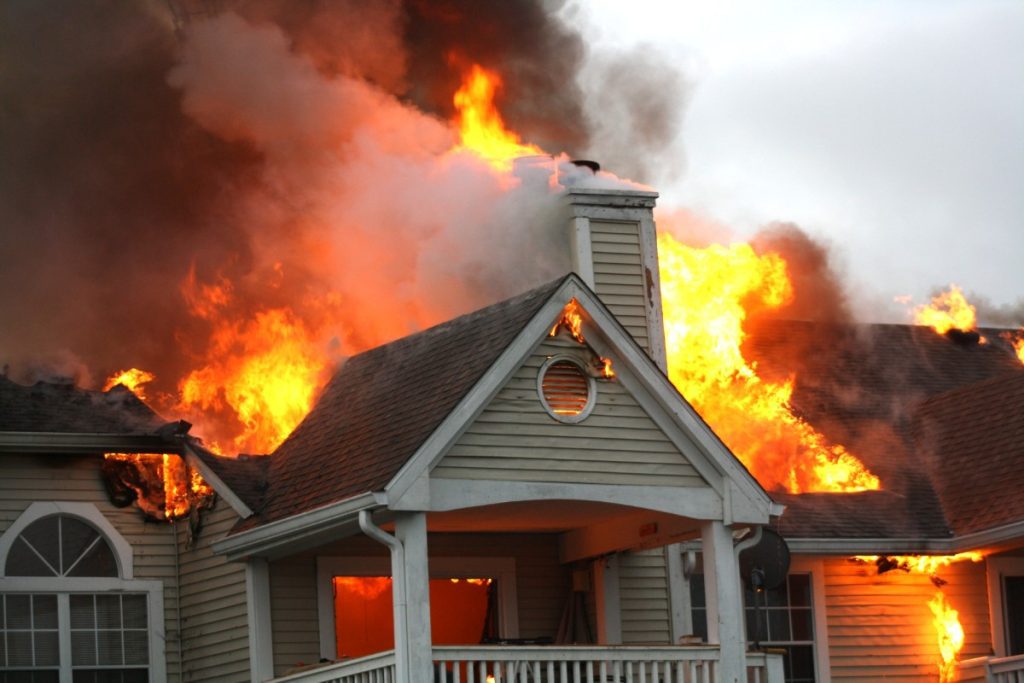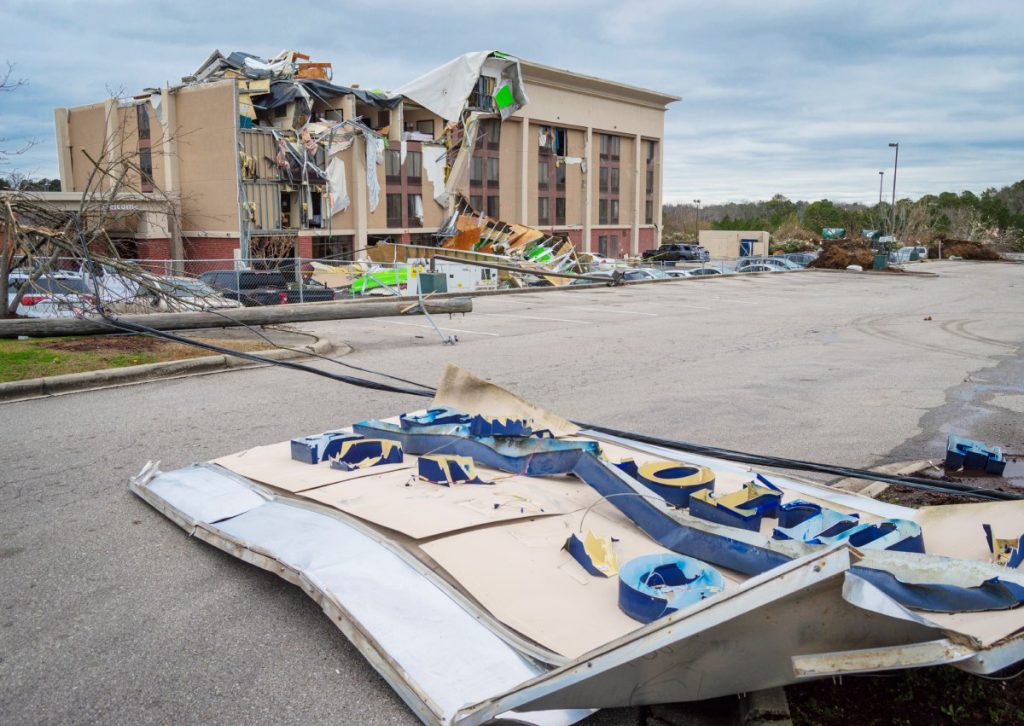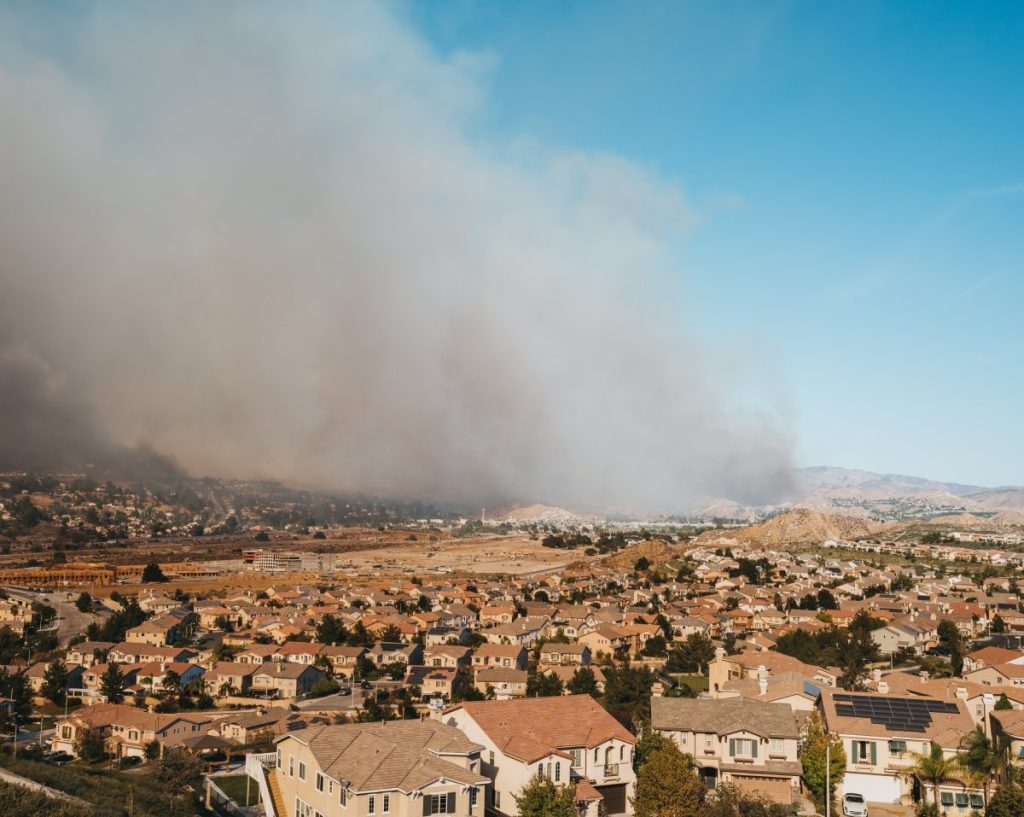Vandalism and Malicious Mischief insurance coverage (often abbreviated VMM) is a typical inclusion in most commercial and homeowners insurance policies. But what is it and what does it cover? This blog covers the basics.
What Is Vandalism and Malicious Mischief?
Vandalism is defined as intentional damage to someone’s property without their consent; it’s one of the most common property crimes. Vandalism is usually done simply for the sake of causing damage. Malicious mischief is similar; it occurs when someone damages someone else’s property out of malice, i.e., revenge, spite, or hatred. Damage intentionally inflicted by former partners or spouses is one of the most common sources of VMM claims.
Who Needs Vandalism and Malicious Mischief Insurance?
Because vandalism and malicious mischief are so common, any residential or commercial property owner can benefit from including these in their policy. However, VMM coverage is especially important for properties that are often unoccupied, like schools and churches, where vandals have a frequent window of opportunity to inflict damage without getting caught. Landlords can also benefit from this coverage, especially if their properties are in areas with high crime rates.
What’s Covered by Vandalism and Malicious Mischief Insurance?
Vandalism and Malicious Mischief insurance coverage typically covers:
- Damage to Your Building: This includes damage to the structure itself, such as walls, windows, roof, or fixtures. For example, if someone spray-paints graffiti on your walls or breaks your windows, the repairs would be covered by VMM.
- Damage to Your Personal Property: This includes your belongings inside the building, like furniture, appliances, and electronics. If someone enters your home and damages your TV or furniture, the repairs or replacement would be covered.
- Costs Associated with Vandalism: This can include things like cleanup costs, temporary repairs, and increased security measures if needed.
What Isn’t Covered by Vandalism Insurance?
VMM coverage doesn’t cover:
- Intentional Damage by Someone in Your Home: VMM only covers damage caused by third parties. If a child draws on the walls or your teenage son intentionally breaks a stereo, those wouldn’t be covered because the damage was caused by members of your household.
- Theft: If items are stolen, you would need a separate theft insurance policy.
- Accidental Damage: Damage caused by accidents, negligence, or natural disasters is not covered under VMM.
- Normal Wear and Tear: Damage caused by normal use or aging is not covered.
Do Homeowners Insurance and Commercial Property Insurance Cover Vandalism and Malicious Mischief?
VMM coverage is typically included as a rider or endorsement in most basic commercial and homeowners insurance policies. Coverage is often limited or excluded for homes or other properties that have been vacant for an extended period (often 60 days or more). Deductibles are also typically high, since vandalism is a very common form of crime.
Is It Considered Vandalism if a Tenant Purposefully Damages a Unit?
Generally, intentional property damage inflicted by a renter or tenant is not considered vandalism in the context of insurance. That’s because vandalism usually implies an act by a third party. It’s meant to cover situations where damage is inflicted by someone who doesn’t have permission to be on your property. Tenants are treated differently because they’re permitted to reside at the property subject to a lease agreement.
Landlords have other recourse to deal with these situations, however. Intentional property damage is usually a violation of the lease agreement. You can cover repairs with money from the tenant’s security deposit or sue the tenant for damages.
Does Vandalism and Malicious Mischief Cover Arson?
Historically, vandalism and malicious mischief have been understood to cover smaller acts of destruction that don’t involve fire. Arson was often considered a separate peril. However, some courts have started to interpret VMM more broadly to include arson, since, like vandalism, it involves the intentional destruction of property.
A 2015 case in Florida’s 5th District Court of Appeal, Botee v. Southern Fidelity Insurance Co.¹, involved an intentionally set fire at a property that had been vacant for over thirty consecutive days before the loss. The policyholder filed a claim with Southern Fidelity, which denied coverage claiming the arson was an act of “vandalism and malicious mischief” and excluded by the vacancy exclusion from the policy since it was vacant for thirty consecutive days before the loss.
The policyholder maintained that the vacancy exclusion provision for “vandalism and malicious mischief” did not refer to or reference “fire” or “arson,” and so the policy should be interpreted in favor of coverage for the policyholder. The trial court determined the terms “vandalism and malicious mischief” encompassed arson within its plain and ordinary meaning and that the insurance carrier was correct in denying coverage. On appeal, the 5th District Court of Appeal held that arson is included with the terms “vandalism and malicious mischief.”
This was the first decision of its kind in Florida. Whether or not arson would be covered by VMM insurance depends on the specific language of your insurance policy and the legal interpretations in your jurisdiction. It’s crucial to confirm the specifics of your insurance policy with your insurance agent or with a lawyer.
How Much Does Vandalism and Malicious Mischief Coverage Cost?
The cost of Vandalism and Malicious Mischief insurance coverage is usually bundled into your overall homeowners or commercial property insurance premium. However, the cost can be influenced by factors such as the overall crime rate in your property’s location, the value of your property, security measures you have in place, your claims history, and your overall coverage limits and deductible.
Further Resources on Insurance Coverage Law
Navigating the complexities of insurance claims can feel overwhelming. Whether you’re facing unpaid claims or simply filing for the first time, our eBooks equip you with the crucial information you need to advocate for yourself with confidence.
- Filing A Property Insurance Claim
- Insurance Company Response Time
- What To Do When You Have a Denied/Underpaid Claim
- Wildfire Claims
- Flood Claims Handbook
- More Information on Hurricane Deductible and Policy Limits
- Condominium Hurricane Preparedness
Why Merlin?
Are you fighting an insurance company that won’t pay up on claims? With nearly 40 years of practice and $2 billion in recovered claims, our team stands by your side to ensure you can face any insurance challenge with confidence. Contact us today for a consultation, or read more about how we’re your trusted advocate.
¹ Botee v. S. Fid. Ins. Co., 162 So. 3d 183 (Fla. 5th DCA 2015).



